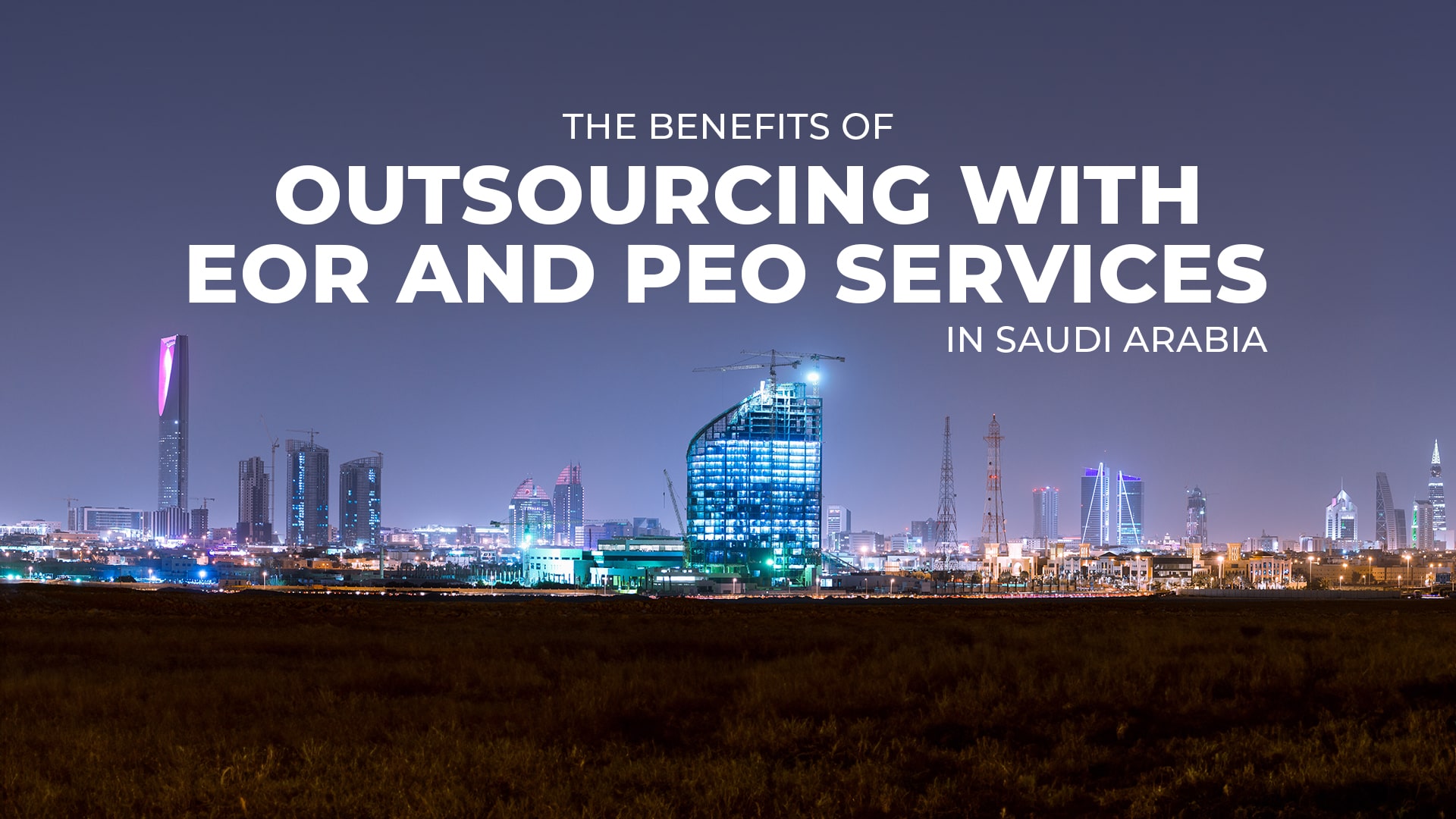Since March 2020 Saudis have spent some time in home quarantine due to the official lockdowns that were put in place to limit the spread of the COVID-19 virus.
With the steady return to work, and occasionally operating through the hybrid model of splitting their working days between home and the office. Their sitting areas at both the office and home have been transformed into temporary workspaces to ensure that work can go on with very little interruption in the midst of the challenges and obstacles created by the pandemic.
Working remotely, especially during hard lockdowns where the hybrid model was not possible, opened the eyes of companies to new possibilities in enabling their employees to work in an agile way. After initially believing that working remotely was impractical and prone to lapses in productivity, employers began to see working remotely as beneficial and convenient, saving both time and money across different sectors. This has opened a new transformative phase in the work environment in Saudi Arabia, especially after international companies made announcements to convert to working remotely even after the pandemic ended.
Naturally, this has also made it necessary for companies to modify their recruitment and hiring strategies to appeal to workers who have seen the benefits of working entirely from home or employing the hybrid model.
Even as the world is slowly getting back to normal, it is clear that we will never need to go back to exactly how things were before the pandemic, and we won’t even be returning to the same workplaces. Many of those with the ability to work remotely are largely anticipating a hybrid office environment going forward. This is where companies should focus their efforts when compiling their recruitment and hiring strategies.
Most employees have developed an affinity for remote-work flexibility that has grown into an expectation for the future. This is not surprising as working from a location that doesn’t best suit their needs can wreak havoc on many aspects of employees’ lives.
A smart recruitment and hiring strategy that takes into account the new normal and employees’ changing needs will result in employees who experience higher engagement, improved well-being, a greater desire to remain longer with the company, and little to no incidence of burnout.
Attracting and retaining top talent in today’s changing work culture requires addressing the remote-work question. In one survey, employee analytics and advisory company, Gallup, asked workers if they would look for a new job if their employer stopped offering remote-work options. The majority, 54%, of employees currently working exclusively from home said they would likely look for another job, with 38% of hybrid workers saying the same. Remote-ready employees prefer hybrid work to avoid commute time; satisfy their desire for more personal freedom, achieve better well-being, and strike a work-life balance while still feeling connected to their organization.
This is an indication of why companies should be thinking seriously about changing their recruitment and hiring strategies to accommodating professionals that are looking for the flexibility of either working entirely from home or opting for the hybrid model. Failing to offer flexible work arrangements is a significant risk to an organization’s hiring efforts, employee engagement, performance, well-being and retention strategies.
Acclimatizing to this new employee market can also make it easier for companies to access skilled workers from around the world. This has facilitated the movement of skills across regions and continents. While the global tug of war for skills could be intensified by this, it also bodes well for companies looking to expand their workforce by hiring skilled people from other regions and cultures. The cultural diversity and skills mix brought about by this can benefit any company seeking to build and maintain a vibrant and diverse workforce that can take on any challenge.
Hybrid work helps employees get the most out of their day while ensuring that they feel connected to coworkers and the organization. Work flexibility is optimal for engaging employees and reducing burnout. However, employees’ preferences and the appropriateness of hybrid work schedules vary by organization, team, role and individual. There is no one-size-fits-all. What’s important is for team leaders to evaluate which type of guidelines work best for their team, given the type of work they do, support needed and team culture.
The hybrid future: Challenges and promise
Crafting an exceptional hybrid work experience will be worth it. We have already seen the benefits for companies that implemented this model prior to the pandemic. Exceptionally led hybrid teams tend to have more engaged employees, more intentional and meaningful interactions, and, ultimately, better flexibility to integrate work and home life.
Hybrid work can be made more productive and engaging by allowing personalization so people can thrive at work and at home, encouraging the partnerships that support teamwork and organizational culture, shaping hybrid strategies around productivity and not just policy compliance, and encouraging team members working in the office to behave as if everyone is working remotely so that remote workers can feel like part of the team.
Looking forward, all signs indicate that the hybrid model is fast becoming an expectation of the workforce. The next chapter of this great global work experiment will be defined by how employers respond to the opportunities and challenges afforded by two years of learning to work differently.









